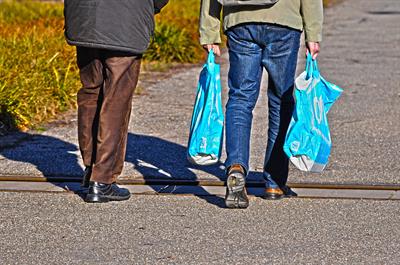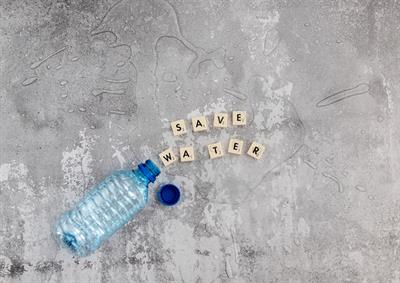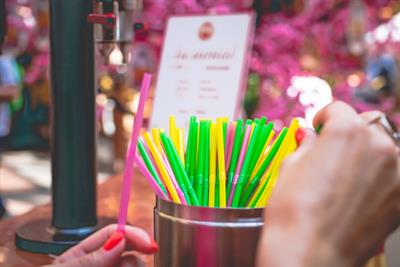PDF chapter test TRY NOW
Tamil Nadu plastic-free rules:
As we know, the Indian government is gradually enacting legal measures to combat plastic pollution by amending the Environment (Protection) Act, 1988.
- Regarding this act, the Government of Tamil Nadu has taken steps to stop using some plastic items (Environment and Forests Department, T.N. G.O. No: 84, dated (25/06/2018).
- As of January, Tamil Nadu's government has banned single-use and throwaway plastics 1 2019. This law aims to protect Tamil Nadu from plastic pollution.
Rules which stop the production, storage, supply, transport, sale and distribution of single-use plastics are highly effective. They are successful because they target all aspects of society.
Tamil Nadu is setting an example for the rest of the state by taking steps to compact plastic pollution.
Let us see the new rules and science-based facts about why these items have been banned in Tamil Nadu.
Banned items:
1. Plastic carry bags:

Plastic bags
- Around the world, we use 2 million plastic bags every minute.
- But, unfortunately, 97% of plastic bags do not recycle.
- In addition, animals eat 70 kilos of plastic bags by accident as they contain food.
2. Plastic plates:

Plastic plates
- Dirty plastics (such as a used plate) are challenging to recycle.
- Most single-use plates are made from polystyrene (resin code 6),which is toxic to our health.
- The plates may be used for only 20 minutes but stay in the environment for over 1000 years.
3. Water pouches:

Plastic water bottles
- Water pouches are frequently littered, contributing to plastic pollution.
- The blueprint (ink) on the clear plastic pouch reduces the recycling value.
- Recycling is problematic once a water pouch has been used because it contains leftover water dirt.
4. Plastic straws:

Plastic straws
- Plastic straws are too light and small to be recycled.
- Yet, straws are one of the top 10 items found in the plastic pollution in oceans.
- In addition, 90% of seabirds have consumed plastics such as straws.
5. Plastic sheets:

Plastic sheets
- Plastic sheets used to cover plates become soiled and cannot be recycled.
- When food is hot, spicy, or oily, more chemicals leak from plastic into it.
- Animals mistakenly consume plastic because it smells like food.
